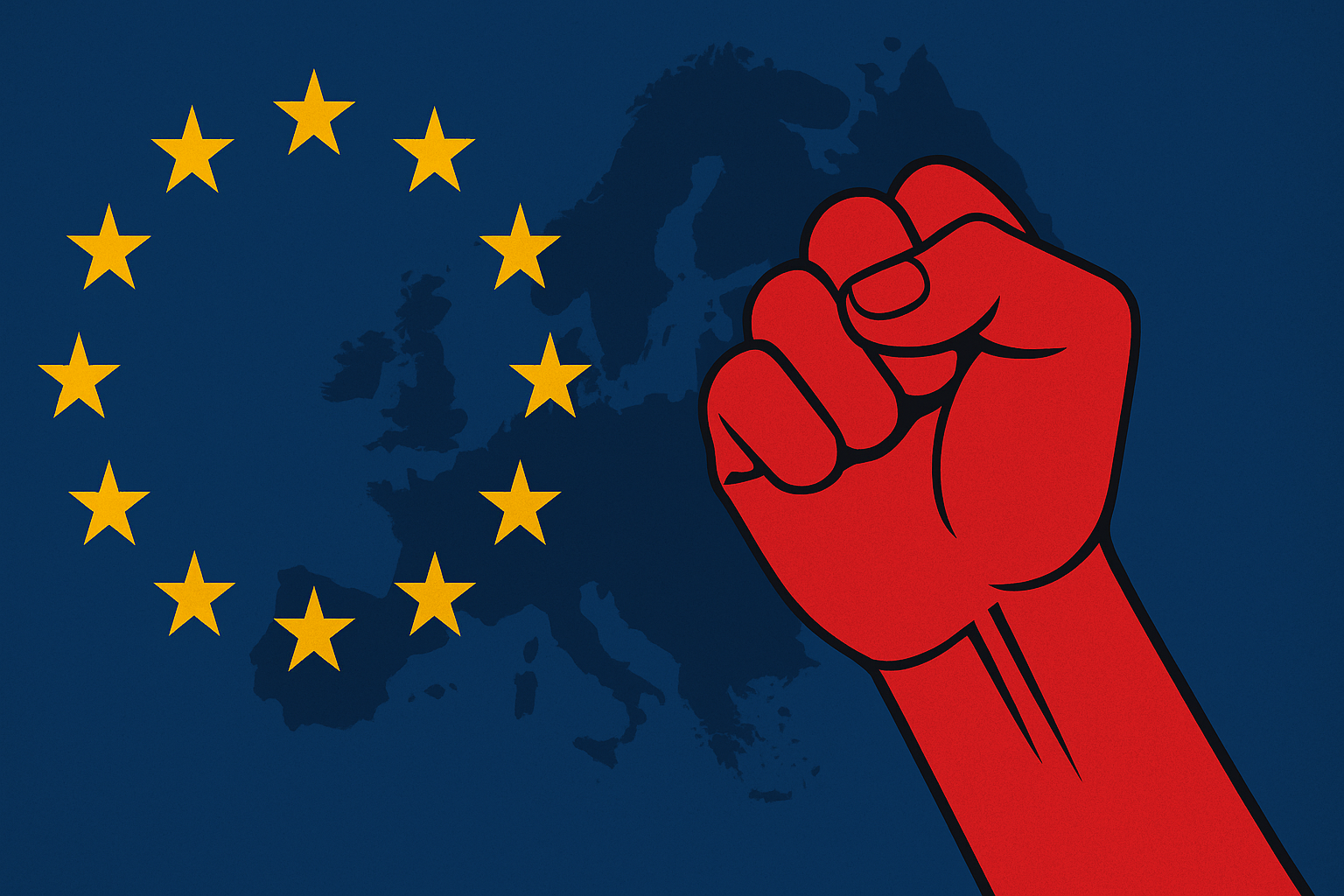The European Union is facing a defining moment in its history. As global authoritarianism rises and U.S. support becomes less reliable, Europe must rethink its foundational principles. What once worked—cooperation, consensus, and gradual reform—is now insufficient to meet the challenges of a rapidly evolving geopolitical landscape.
In this pivotal moment, authors Garry Kasparov and Gabrielius Landsbergis argue that Europe’s future will depend not on compromise, but on confrontation.
From Diplomacy to Decisiveness
The EU was originally conceived to prevent the re-emergence of the continent’s dark history of war. Over time, it became a vast bureaucratic institution grounded in slow-moving consensus politics. This model functioned well during periods of peace and stability.
However, today’s threats—from Russian aggression in Eastern Europe to the expanding influence of authoritarian regimes in China, Iran, and North Korea—are testing the EU’s ability to act. The reliance on unanimity and incremental diplomacy has become a hindrance, not a safeguard. As the authors emphasize, existential threats require swift, strategic, and bold responses.
A Weakened Transatlantic Anchor
Europe’s long-standing dependence on U.S. military protection is proving unsustainable. As Washington pulls back its global commitments, the cracks in Europe’s own defense structures have become more visible.
Recent economic deals with the U.S.—including major energy purchases and tariff agreements—have done little to compensate for the strategic void left by America’s retreat. As Kasparov and Landsbergis argue, economic ties cannot replace military sovereignty or the ability to defend democratic values.
A New Strategic Mindset for Europe
The authors call on EU leaders to discard outdated expectations of peaceful coexistence with regimes that actively oppose liberal democratic ideals. They cite the failure of slow sanctions, delayed arms shipments, and indecisive rhetoric in deterring Russia’s continued aggression.
Instead, they advocate for a strategic overhaul—one that emphasizes deterrence over dialogue and action over appeasement.
Three Core Reforms for European Security
1. End the Veto System in Decision-Making
The requirement for unanimous approval among EU member states has often blocked timely action. The EU should empower coalitions of willing countries to move forward, especially on security and defense matters, even if full consensus isn’t reached.
2. Fast-Track Membership for Pro-Democracy Neighbors
Nations like Ukraine, Moldova, Georgia, and Armenia have consistently aligned with Western democratic values. Granting them accelerated EU membership would both solidify regional security and counterbalance authoritarian influence from neighboring powers.
3. Prioritize Defense and Deterrence
The EU must shift from a model of soft power and integration to one that includes real military capability. Europe’s ability to defend its citizens and interests should no longer depend on outside powers, including the U.S.
The Case for Urgency
“This is not a time for incremental reform,” write Kasparov and Landsbergis.
“It’s time to admit that war is already here—and Europe must be prepared to fight.”
Without structural reforms and a change in strategic posture, the EU risks not only losing its influence, but potentially its autonomy. The time for soft diplomacy has passed. The current crisis demands clarity, unity, and a willingness to confront threats directly.
Conclusion:
As Europe navigates one of the most challenging periods since its post-war unification, it must adapt or risk being left behind. The authors make a compelling case: the survival of European values depends on strength, not slogans. Now is the time for decisive leadership.








